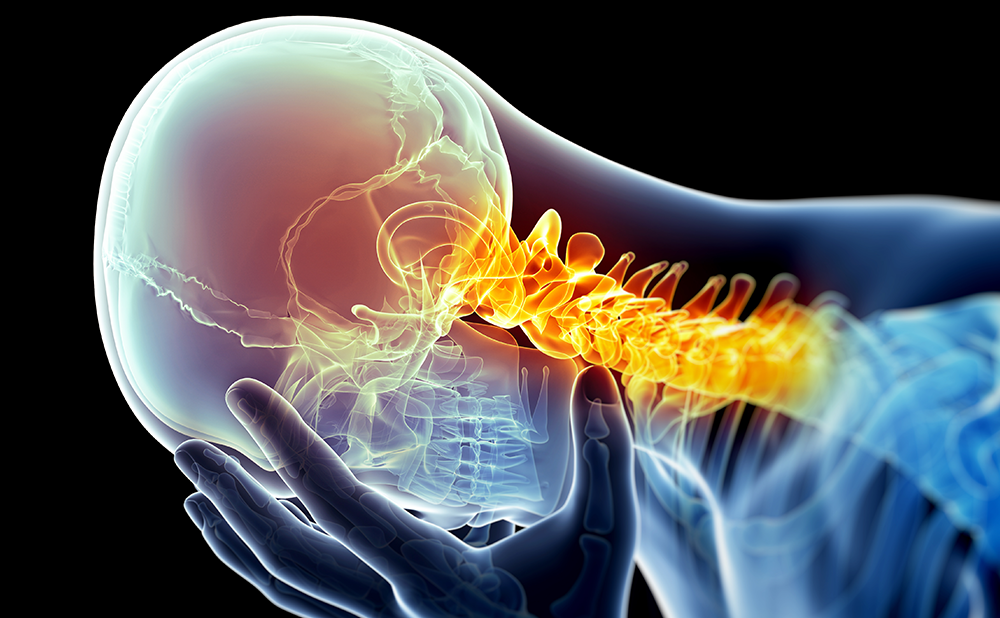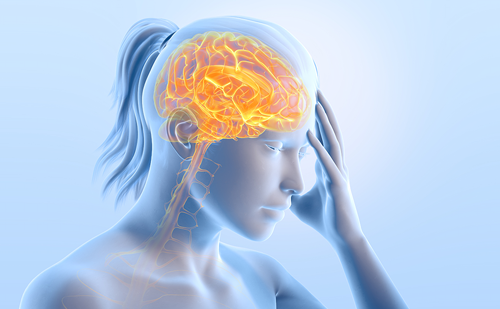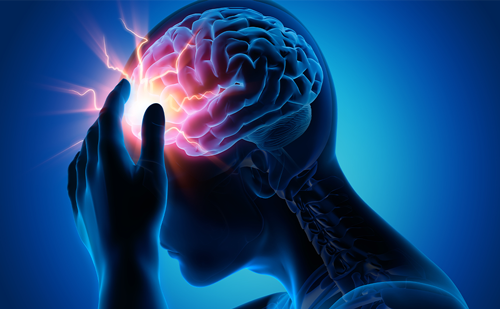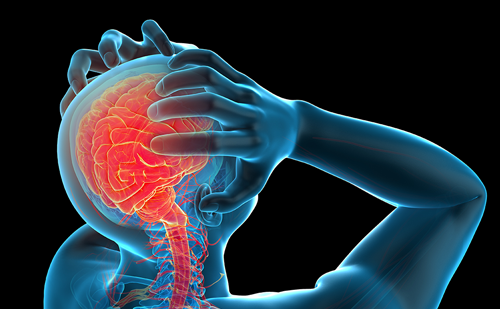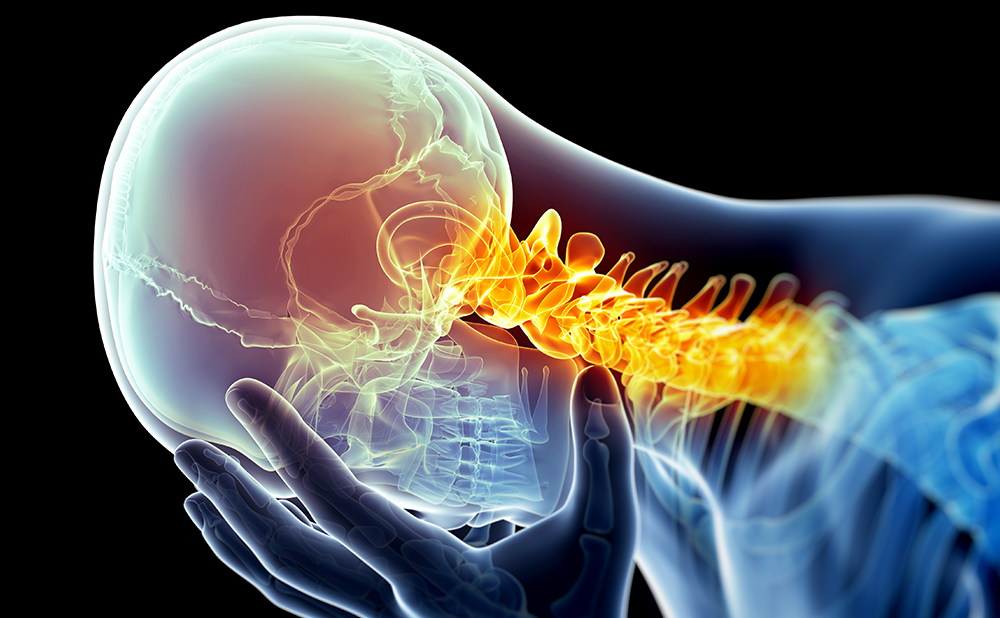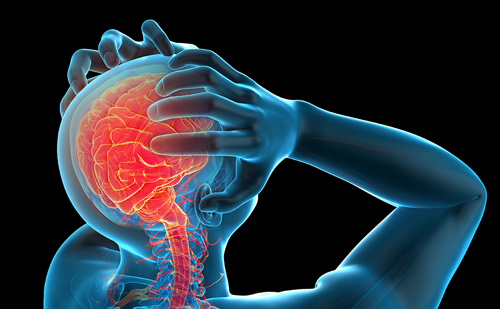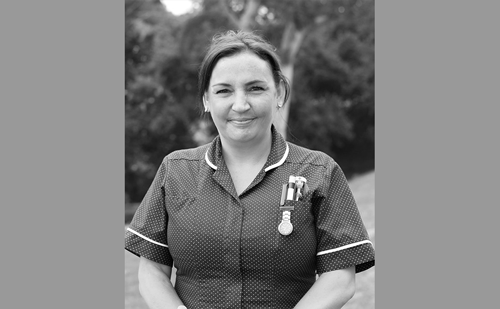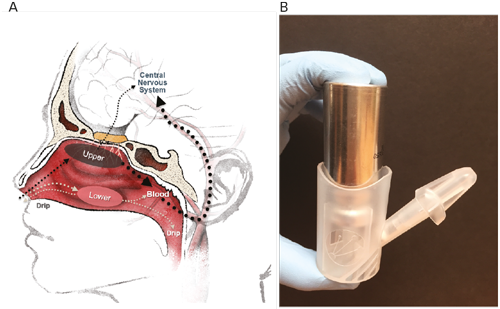Welcome to the latest edition of European Neurological Review. As usual, this edition covers a wide range of the neurological disorders that we, neurologists in Europe, see in our clinics, on a daily basis, and study in our research labs, throughout our careers. The specific topics for this edition include the so-called pseudobulbar affect, which we see in many neurological diseases. Movement disorders and multiple sclerosis (MS) are the centrepieces of this edition. It becomes more and more obvious that an early non-motor problem, constipation and lack of resorption of medication stems from alpha-synuclein pathology in the enteric nervous system of the gut. There is an unmet need in terms of biomarkers in Parkinson’s disease and possible ones are discussed for modern magnetic resonance imaging (MRI) technology. Restless legs syndrome is present in 5–10 % of the population and it is worth discussing whether there are any predisposing or risk factors for that condition. No other subdiscipline in neurology offers so many new treatment options for the patients as MS, and outstanding reviews discuss the changing landscape and up-to-date treatment of motor symptoms in MS and symptomatic treatment. Several articles deal with stroke and the edition concludes with excellent reviews on headache treatment, imaging in neurosurgery and, finally, surgery for intracranial atherosclerotic steno-occlusive disease.
Apart from creating interest in these exceptional papers by eminent colleagues, I would like to take this opportunity to introduce you to the exciting developments in Europe surrounding the unification of the European Neurological Society (ENS) and the European Federation of Neurological Societies (EFNS). As discussed, in a previous foreword for this journal, I had the pleasure as President of the ENS to foster the unification of these two prestigious societies. Many hurdles have been overcome, such as the new format of the society, its name, its journal, its headquarters and administration, to mention just a few. We are happy that the headquarters will be in Vienna using the staff and experience of the former EFNS and that we will adjust the new society’s name to align it with the American Academy of Neurology (AAN) by calling it the European Academy of Neurology (EAN). I am convinced that we will soon have a large and powerful society that will stand for education, research and political needs in Europe.
A major step for creating the new society will be the first joint congress of EFNS and ENS in Istanbul in late May. At this meeting around 80 already chosen delegates will elect the Board of Directors for the new EAN. With these colleagues elected it will be possible to have a successful first congress of the new society, which will be held in Berlin in 2015. The Board of Directors will have an enormous workload to address all matters of business of a new society with so many responsibilities. Not only that, an ageing population is predicted with an increasing number of patients with dementia, movement disorders or cerebrovascular problems, but we also have to deal with many political problems, such as adequate treatment of our patients for which we need enough resources from our healthcare systems. We certainly will have to convince politicians that it is worthwhile to support research for diseases that occur in the elderly population and, in light of this, it is fascinating that the US has announced its plan to invest a lot of money to tackle dementia.
With this new society established we will become a much better partner for the World Federation of Neurology, the AAN and the Asian societies. These stronger partnerships mean we could exchange research and educational programmes and take benefit from all continents. Furthermore, by uniting all experts at the single annual meetings we will certainly be able to create a fascinating education programme and present cutting-edge research. This alone will help to attract young colleagues to our beloved discipline.
In conclusion, I am really happy to see the unification happen and I am convinced that it is the best and only way forward for a strong, professional neurology community in Europe.


